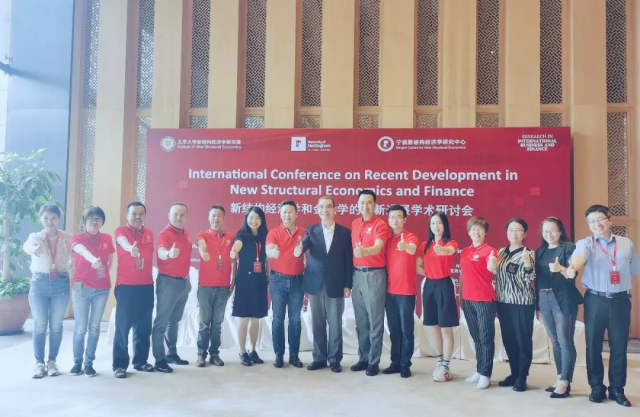英文首页﹀
International Conference on Recent Development in New Structural Economics and Finance was successfully held in Ningbo
2021-05-28
On 22-23 May 2021, the International Conference on Recent Development in New Structural Economics and Finance was successfully held in Ningbo. The Conference was hosted by the Institute of New Structural Economics at Peking University, Ningbo Jiangbei District People's Government, and Ningbo Centre for New Structural Economics at the University of Nottingham Ningbo China. The Conference was also supported by Research in International Business and Finance, Ningbo City Credit Union, Ningbo Solartron Technology Co Ltd., and Peking University Alumni Association (Ningbo). About 100 experts and scholars from well-known institutions, such as Peking University, Nankai University, Fudan University, Zhejiang University, Shanghai University of Finance and Economics, University of Nottingham Ningbo China, and Central University of Finance and Economics, attended the conference.
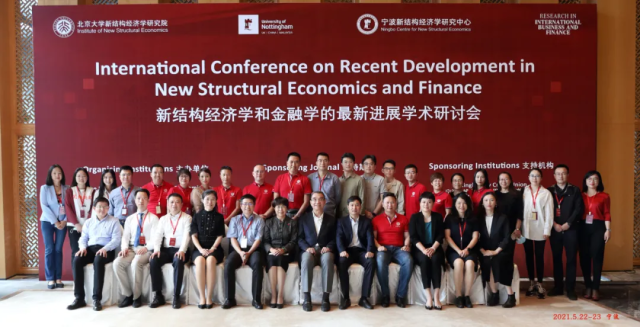
Dr Huang Wei, Head of Department of Finance, Accounting and Economics at Nottingham University Business School China (NUBS China), hosted the opening address. Dr Yang Zhengping, District Mayor of the Jiangbei District People’s Government; Professor Justin Lin Yifu, Dean of Institute of New Structural Economics, Peking University; Professor Cui Ping, Associate Provost of the University of Nottingham Ningbo China; and Professor John W. Goodell, Editor-in-Chief of Research in International Business and Finance delivered the opening remarks.
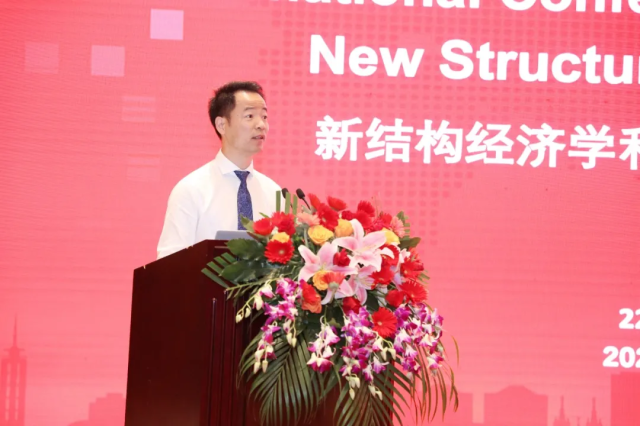
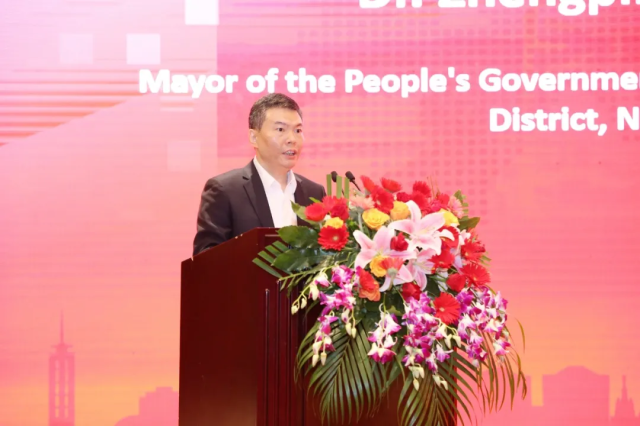
Dr Yang Zhengping began by extending a warm welcome to guests and scholars present at the Conference and briefly introducing Ningbo and its Jiangbei District. Professor Justin Lin Yifu then introduced new structural economics and its domestic and overseas application and development theory. Professor Cui Ping later summarised the research objects and paradigms of new structural economics, affirming the achievements made by the Ningbo Centre for New Structural Economics of the University of Nottingham Ningbo China. Professor Goodell finally pointed out the use of new structural economics in the world economy in the era of COVID-19 and wished the conference a great success.
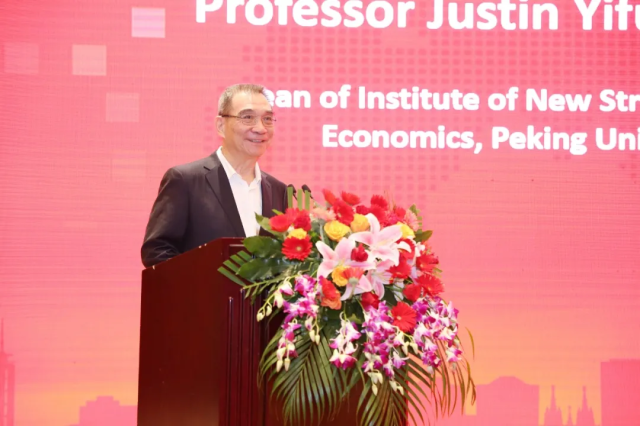
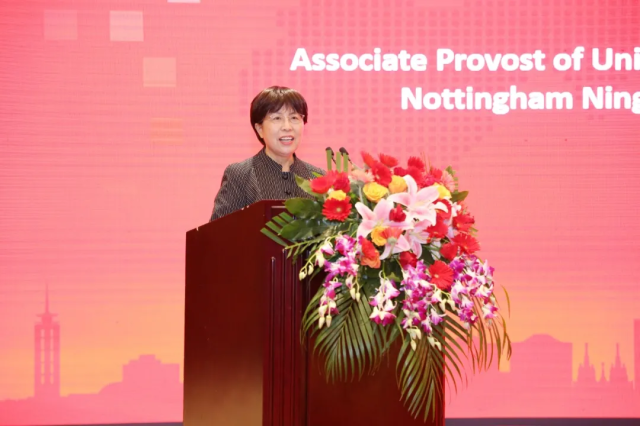
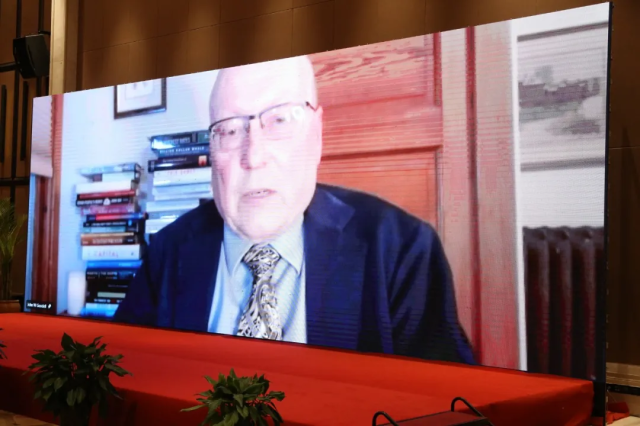
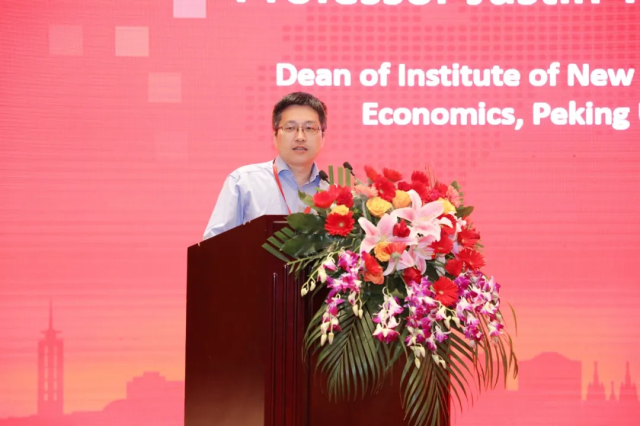
Dr Wang Yong, from Institute of New Structural Economics, Peking University and Research Alliance of New Structural Economics, hosted the keynote speech, and the first keynote speaker was Professor Justin Lin Yifu. With his keynote speech entitled “How Financial Development Serves the Real Economy: A Perspective of New Structural Economics", he first introduced China's three major industries: agriculture, manufacturing and services. Then, he talked about how the financial system can better support the development and transformation of these three industries to serve the development of real economies. In detail, he analysed five subcategories of the manufacturing industry and clarified the development trend of the Chinese economy. He pointed out that economic entities are constantly transforming with the continuing development of technology and the upgrade of industries, leading to low-value industries transforming into high-value ones. Because of these facts, China needs to utilise its comparative advantages to seek new opportunities fully. Professor Lin also emphasised that China’s new economic structure is inseparable from the new financial system and facilitating government. He also emphasised the importance of small and medium enterprises and individuals and the need to match the financial system with this economic structure, especially the need for more local financing institutions.
The second keynote speaker was Professor Vincenzo Quadrini from the Marshall School of Business at Southern California. His keynote speech entitled “The Rising of Public Debt” discussed the impact of COVID-19 on economies around the world and predicted that public debt would continue to rise. He concluded that there are four external causes of rising public debt: financial markets are becoming increasingly globalised, emerging economies are growing rapidly, structural changes bring about risks, and other types of debt emerge.
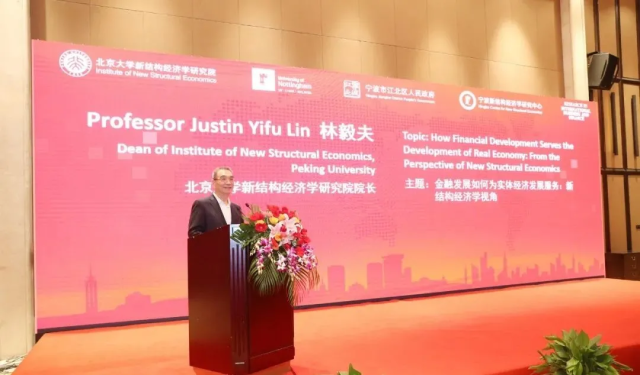
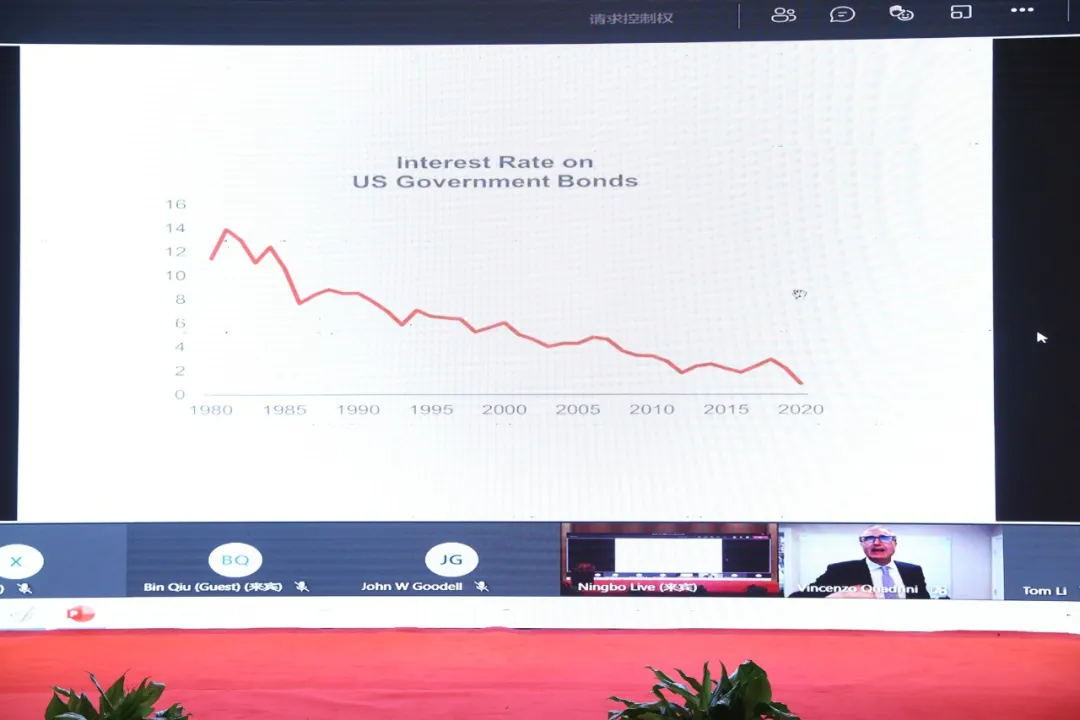
Subsequently, a panel discussion began on “Theory and Practice of New Structural Economics: How to Strengthen Further the Dynamism of Micro Entities, " hosted by Professor Hua Xiuping from the University of Nottingham Ningbo China. In this discussion, guests from academia and the financial industry shared their opinions on the financing of SMEs, the regulatory role of government, and the international political and economic environment. Professor Lin pointed out that the domestic economic cycle plays a leading role in China’s “dual circulation” development pattern. The international environment will not influence China’s economic trend of steady growth if China keeps on its development path.
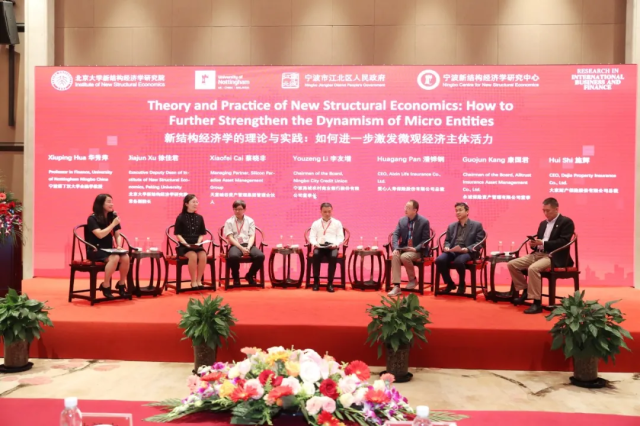
Later, Ningbo Jiangbei District People's Government invited Professor Justin Lin Yifu and guests from several insurance firms to visit the Old Bund Insurance Innovation Port to discuss further and research the investment environment.
The Conference also held four parallel sessions, each hosted by Dr Jiang Ying from the University of Nottingham Ningbo China; Dr Xu Jiajun of Peking University; Dr Huang Wei from the University of Nottingham Ningbo China; and Dr Wang Chaoyan, also from the University of Nottingham Ningbo China respectively. After a careful review, the Conference selected 20 papers for on-site reports. The papers covered research on industrial structure, enterprise innovation and others. The discussants put forward detailed and instructive comments, and in-depth discussions were had with the presenters.
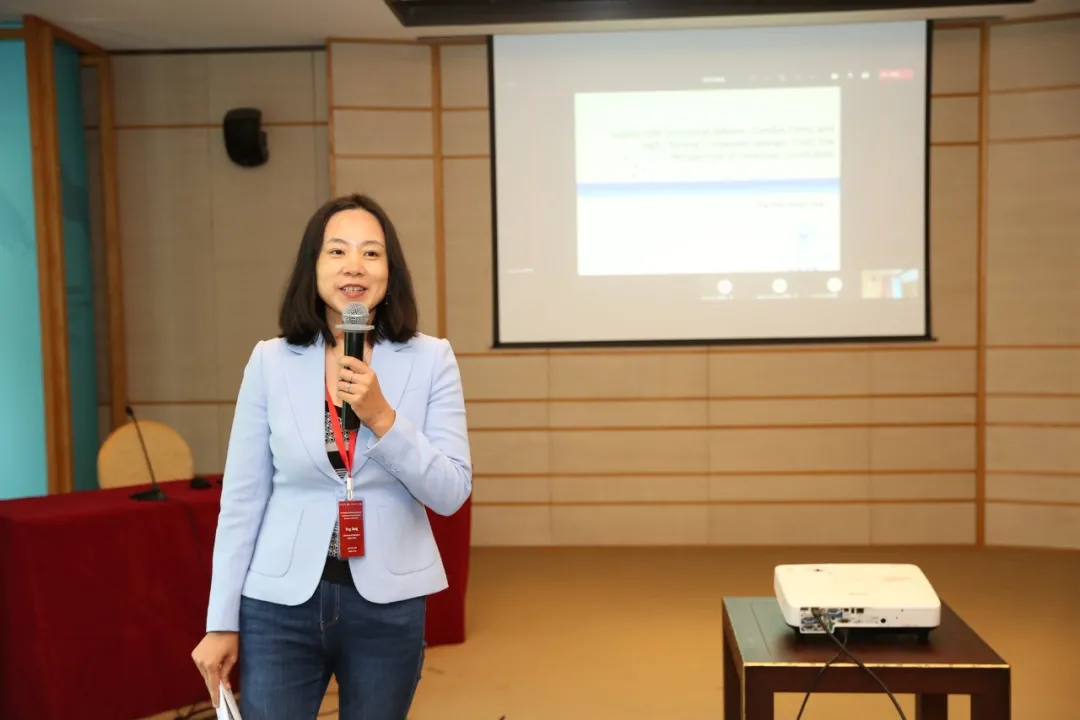
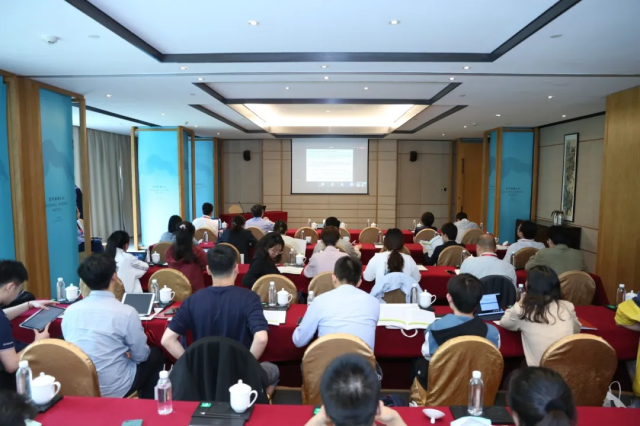
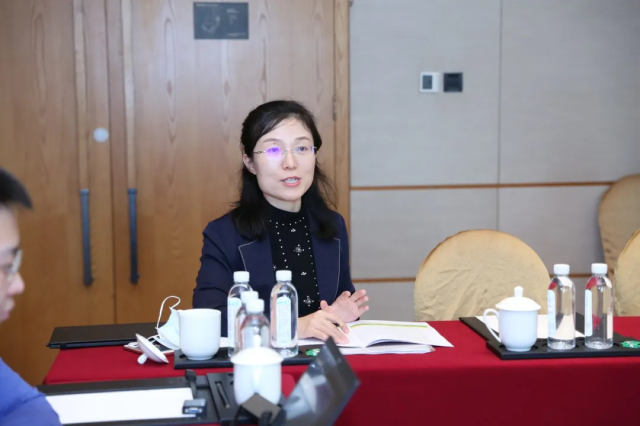
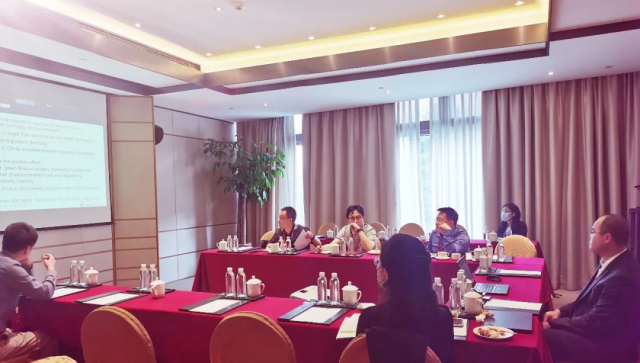
This Conference was held both online and offline. Many experts and scholars watched the live broadcast and actively participated. The Conference enhanced exchange and cooperation among scholars of new structural economics both at home and abroad, delivering great benefits to the innovation and development of research in new structural economics in China.
